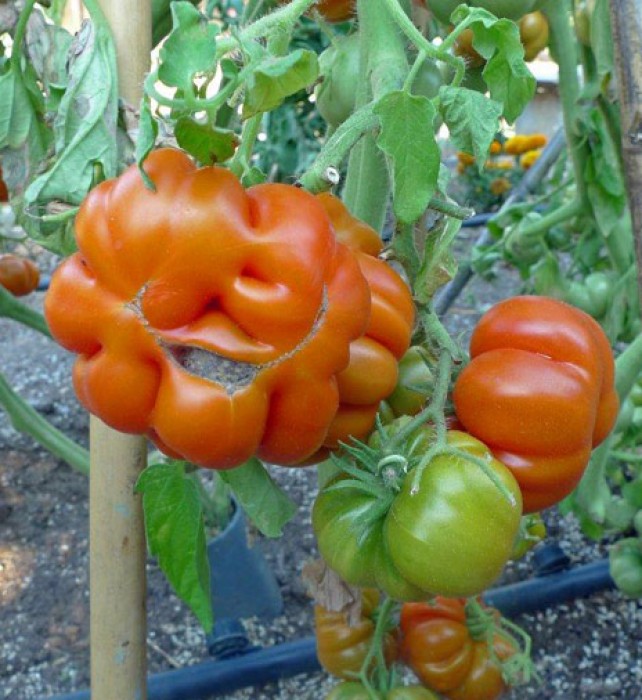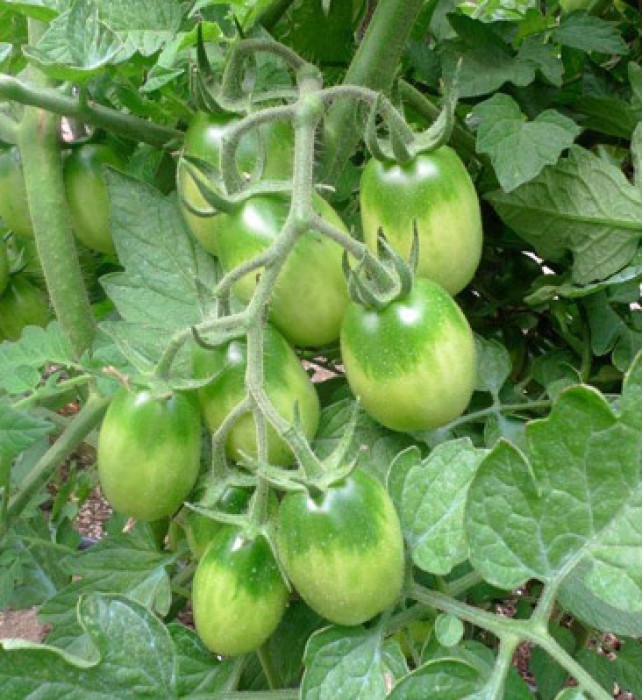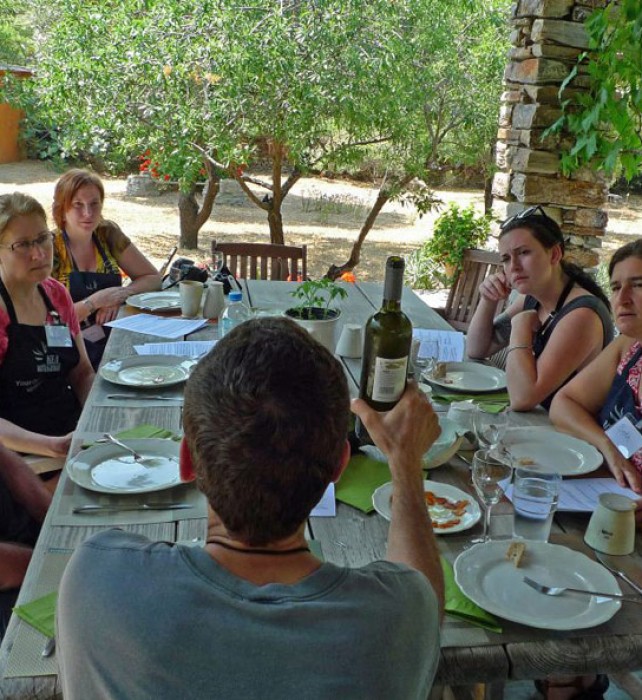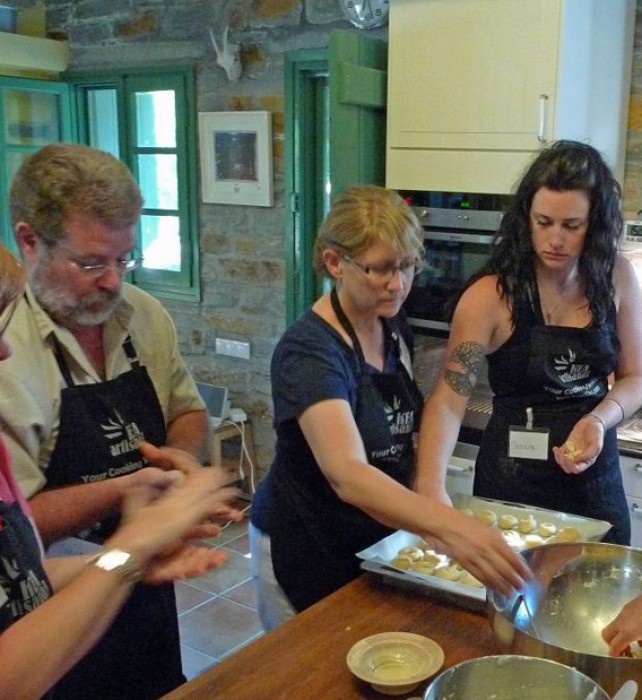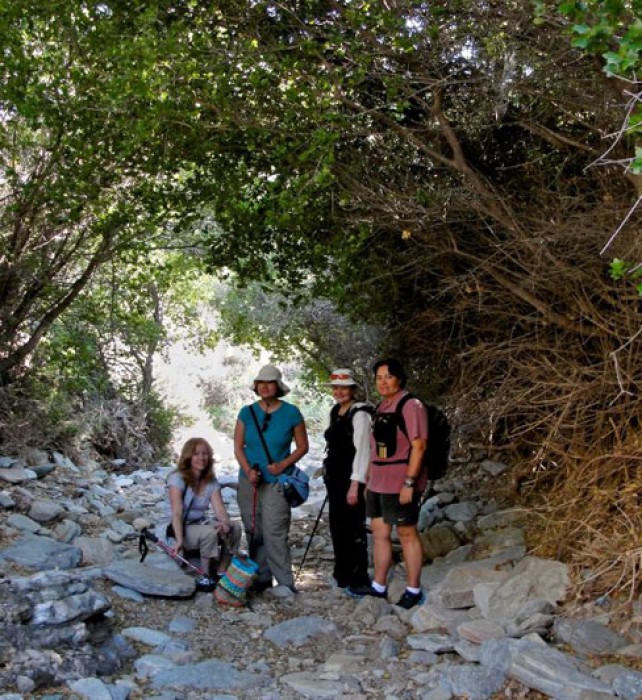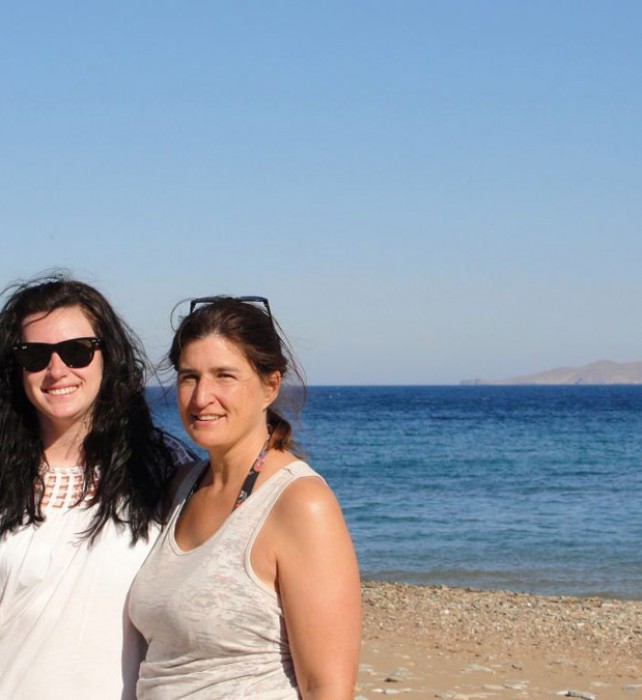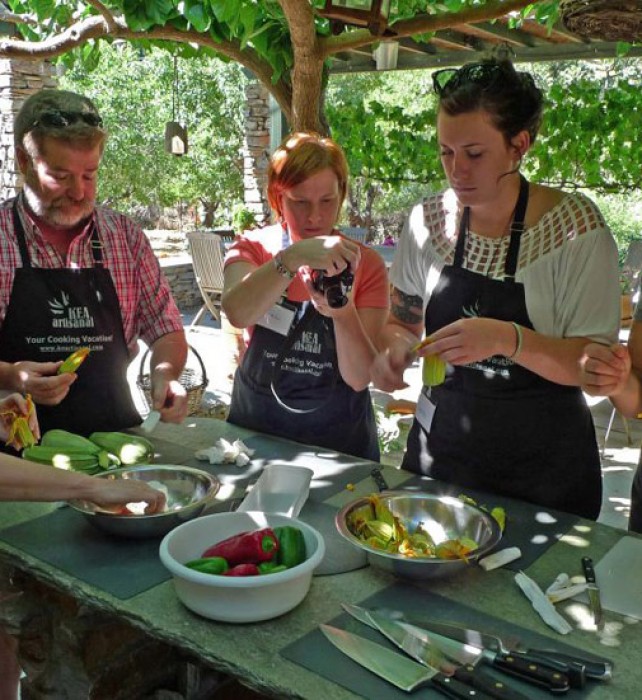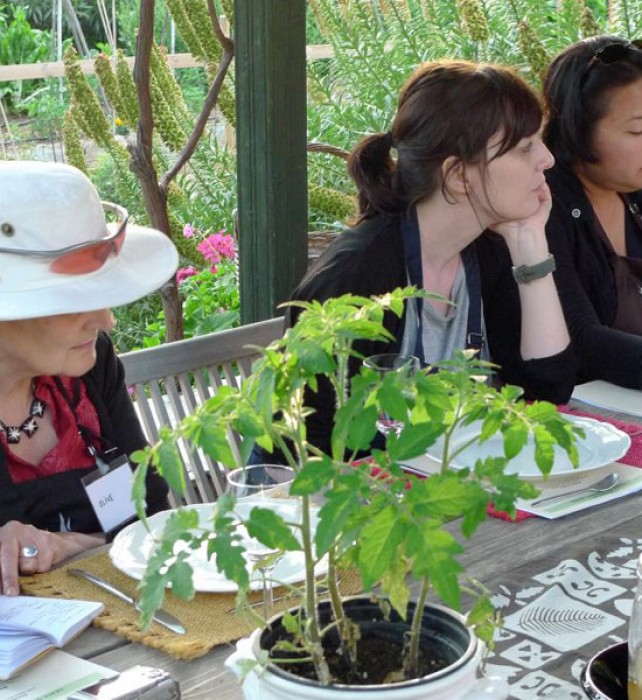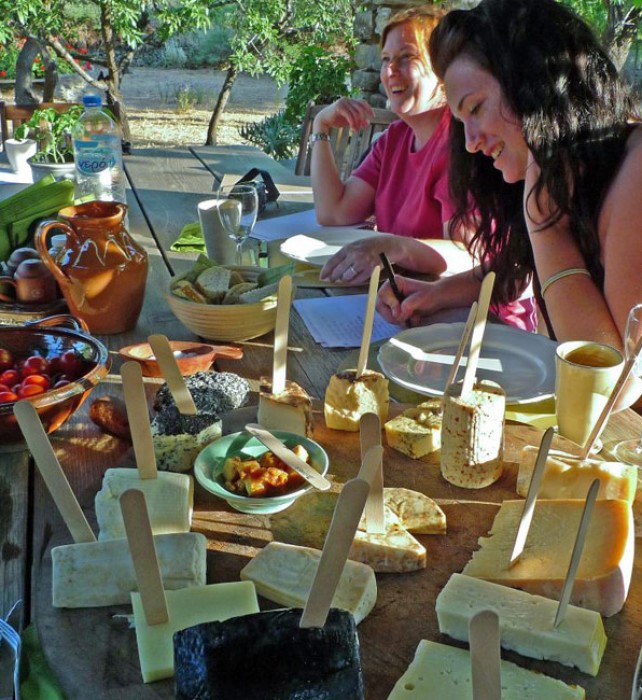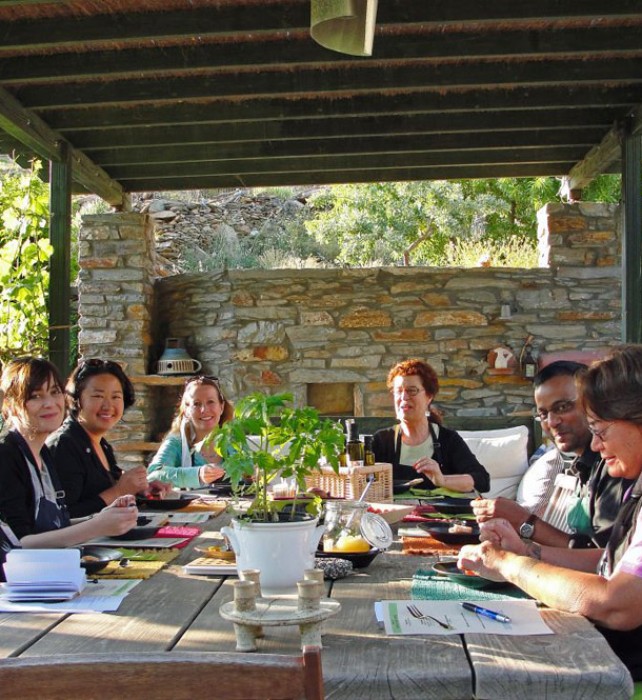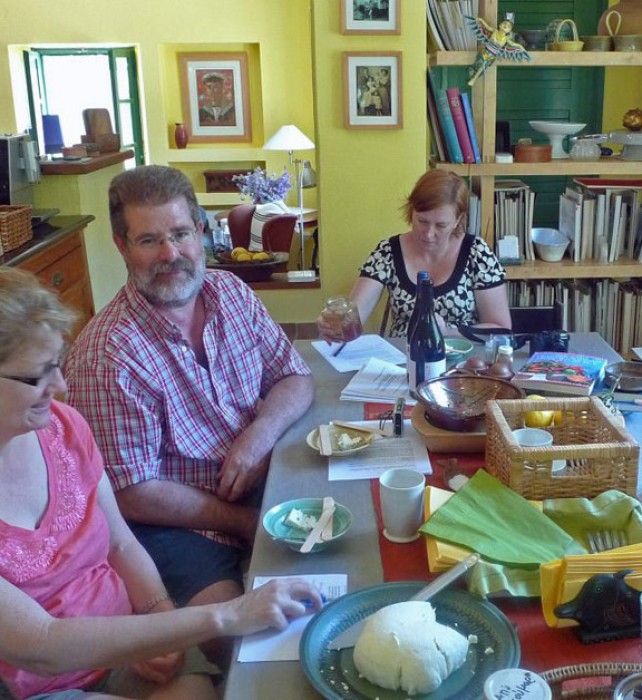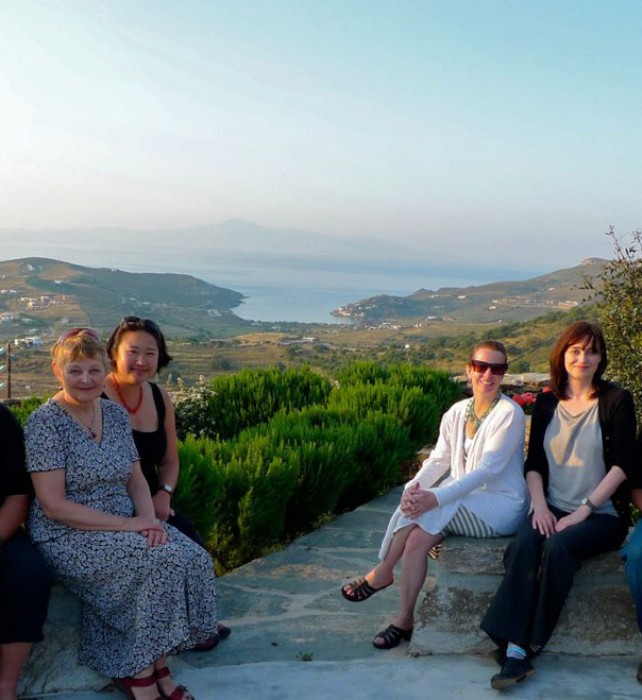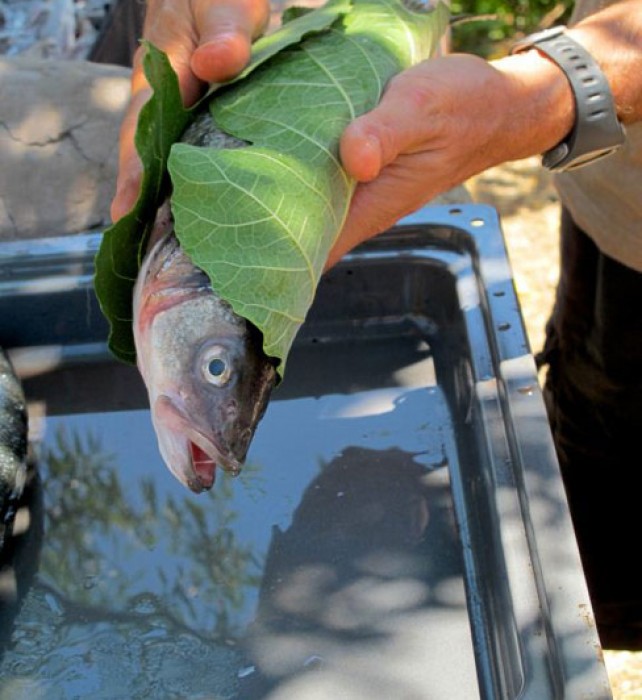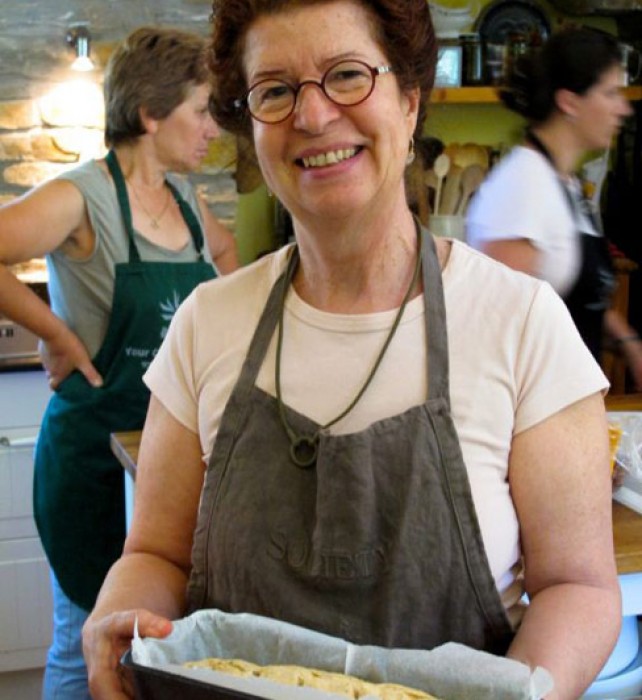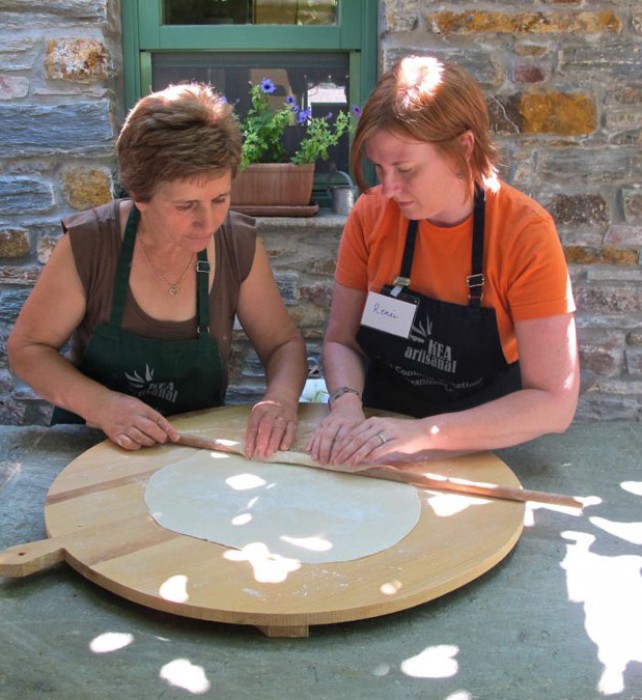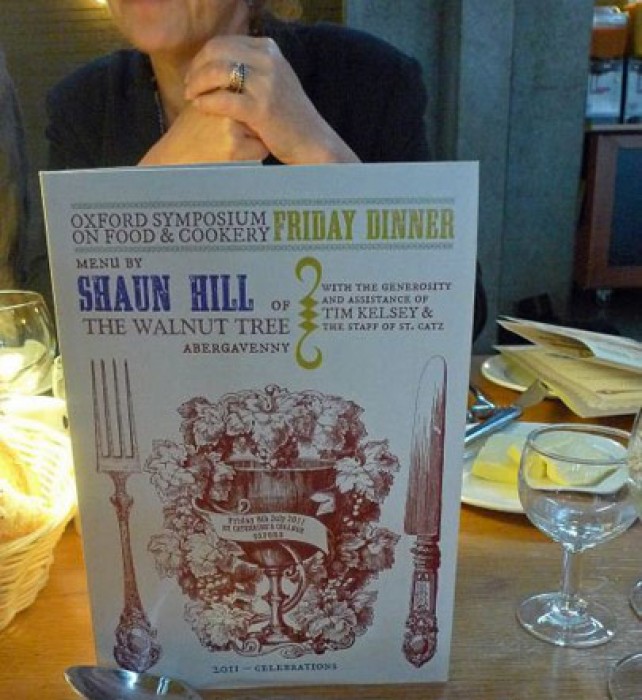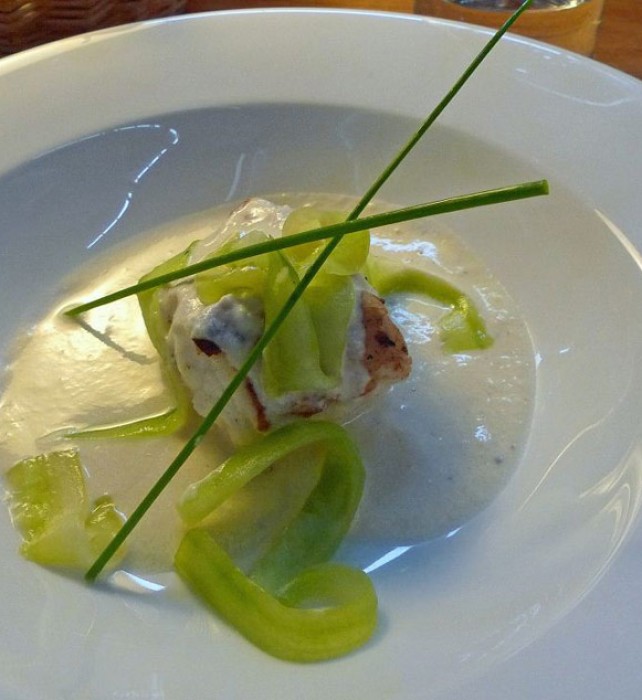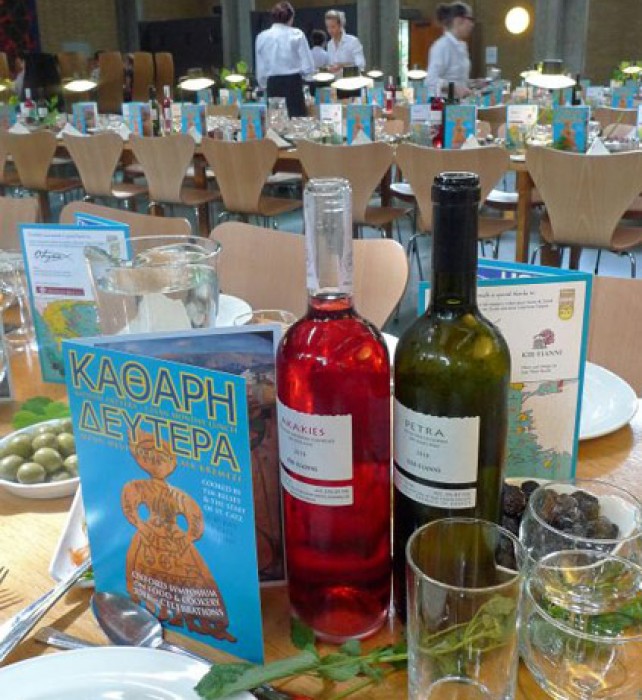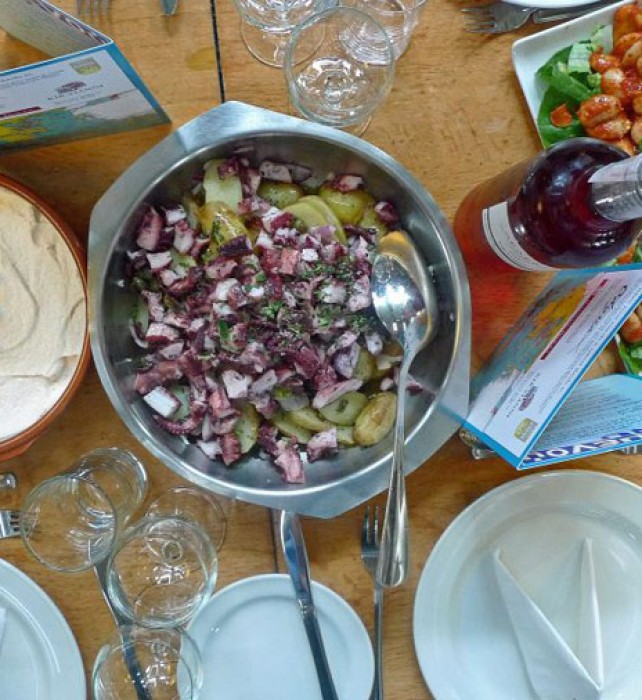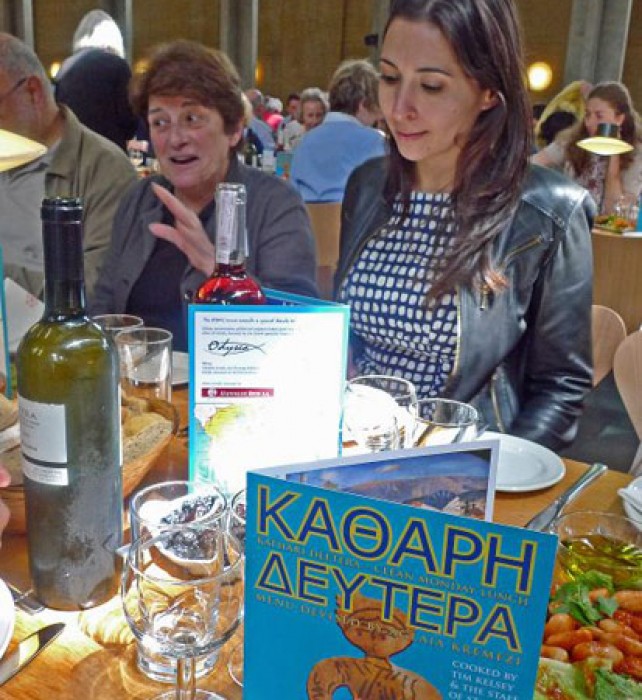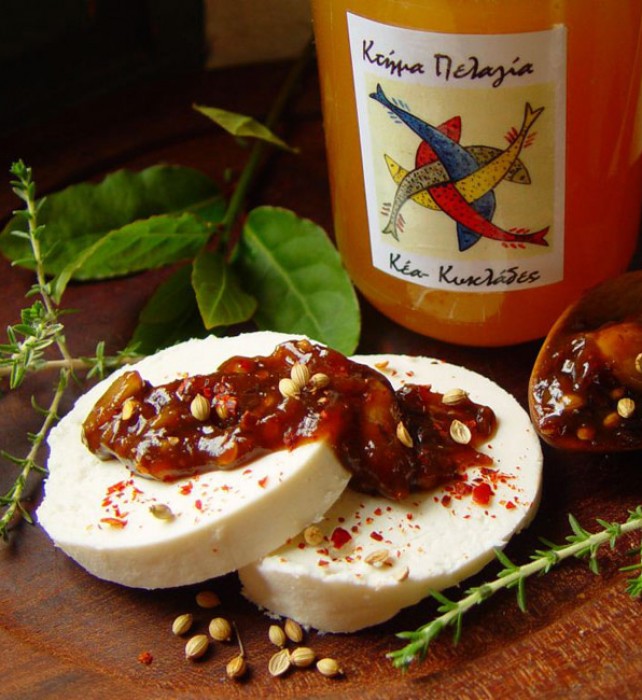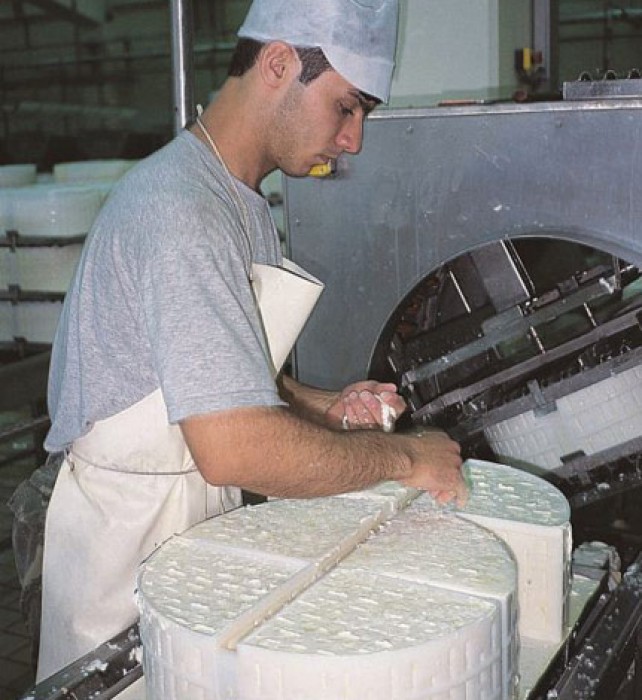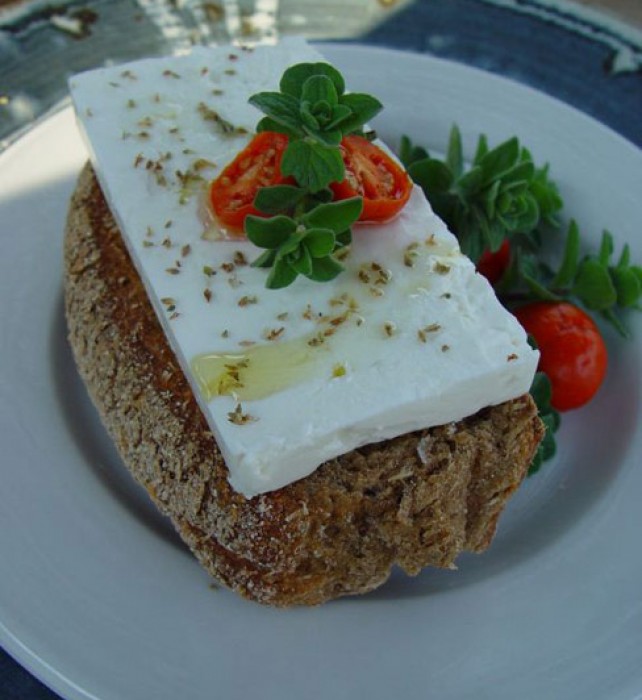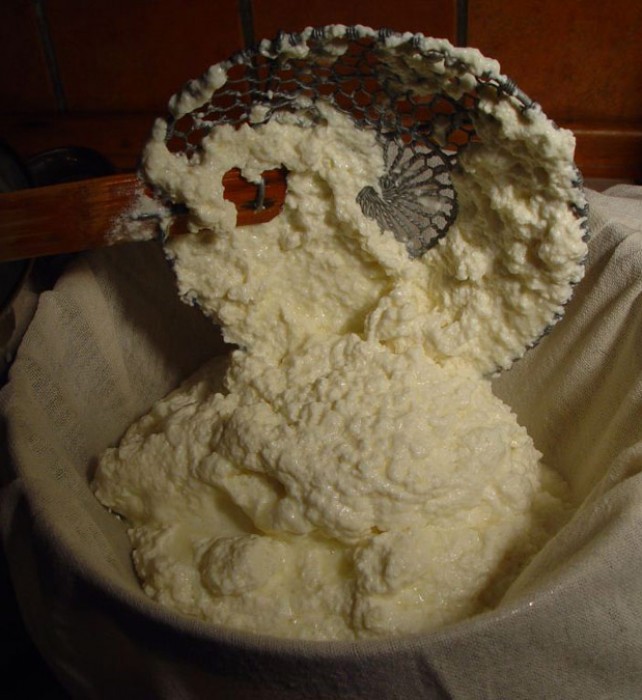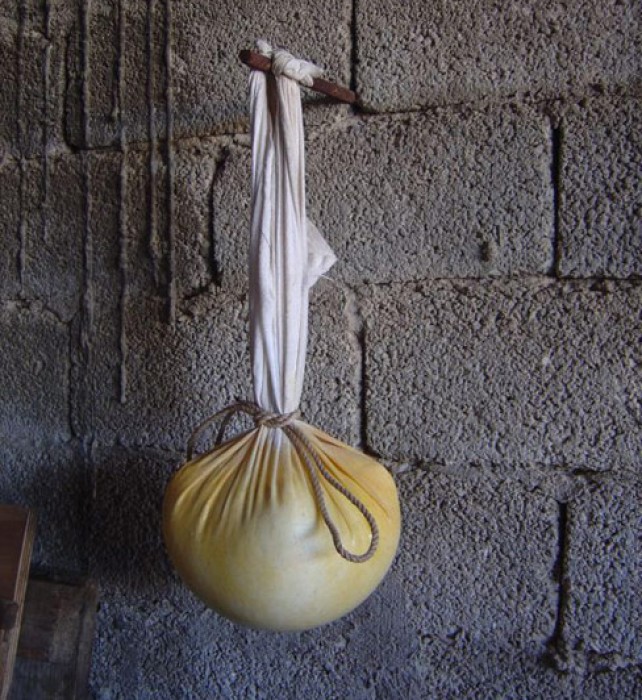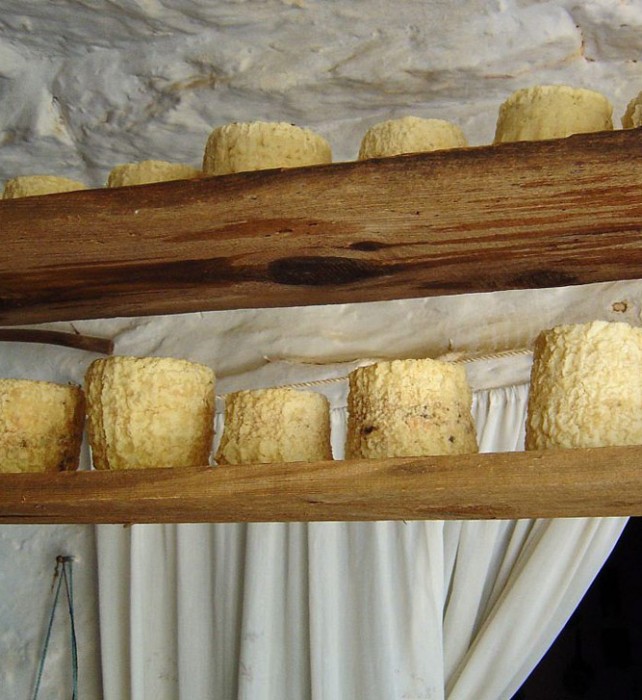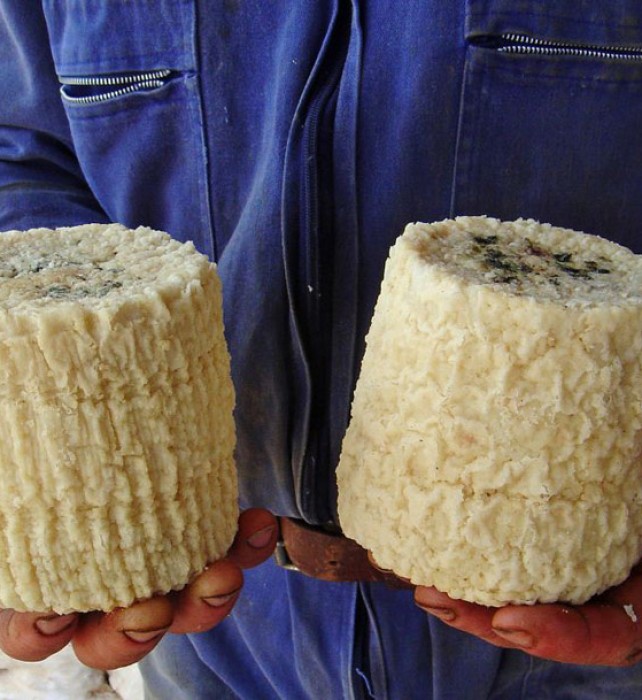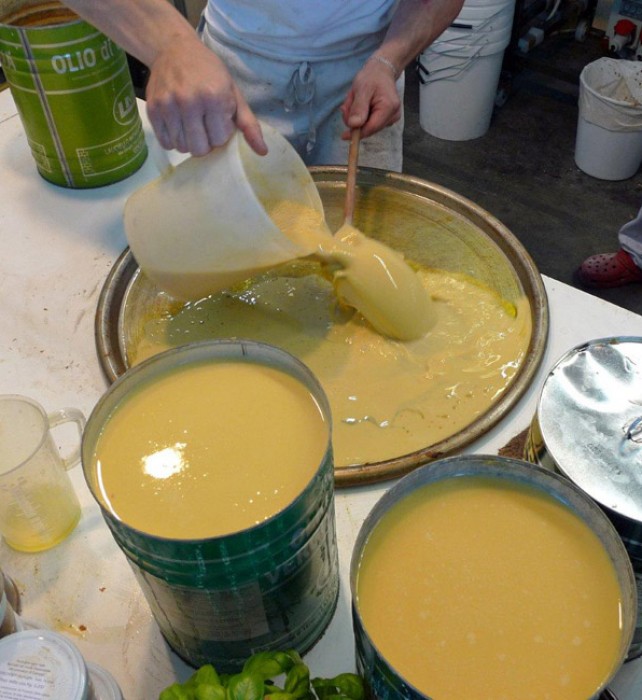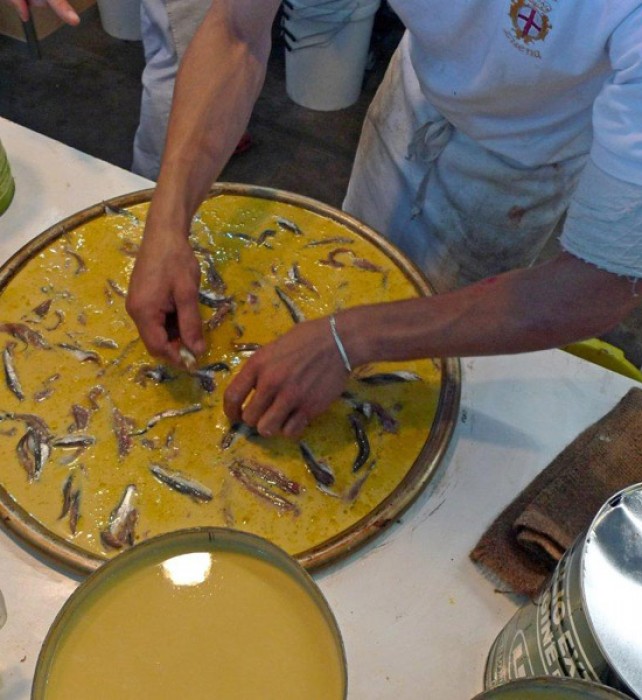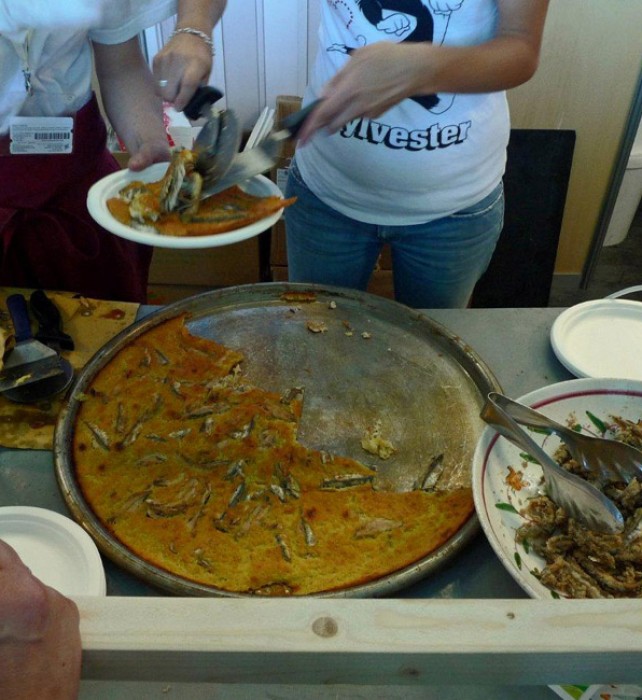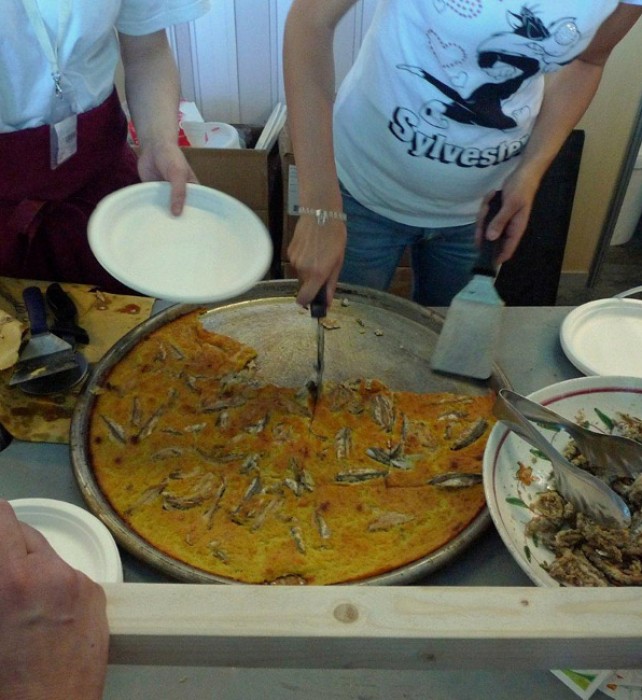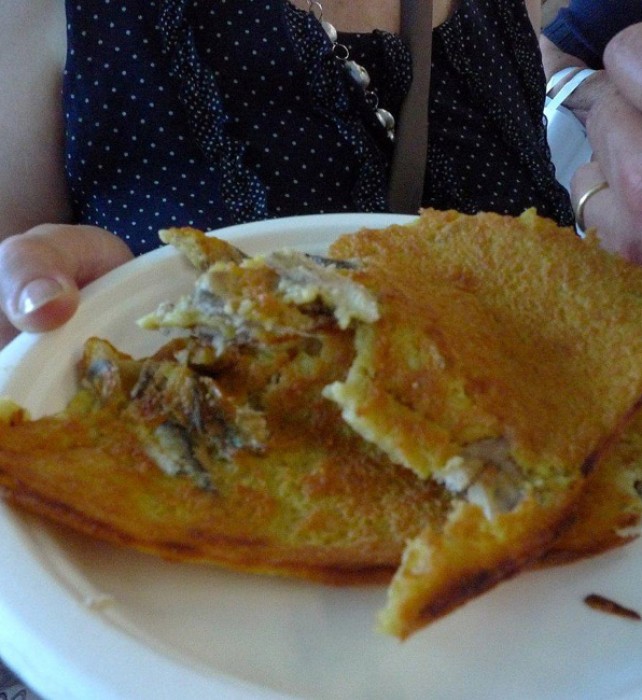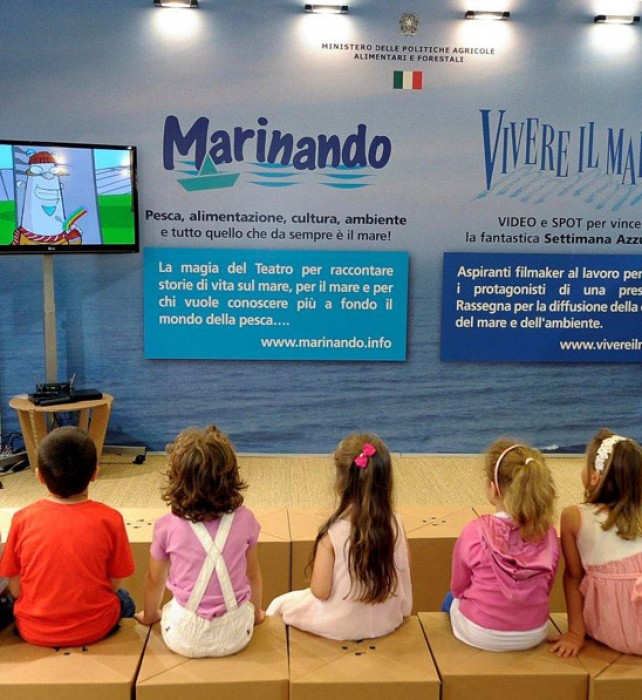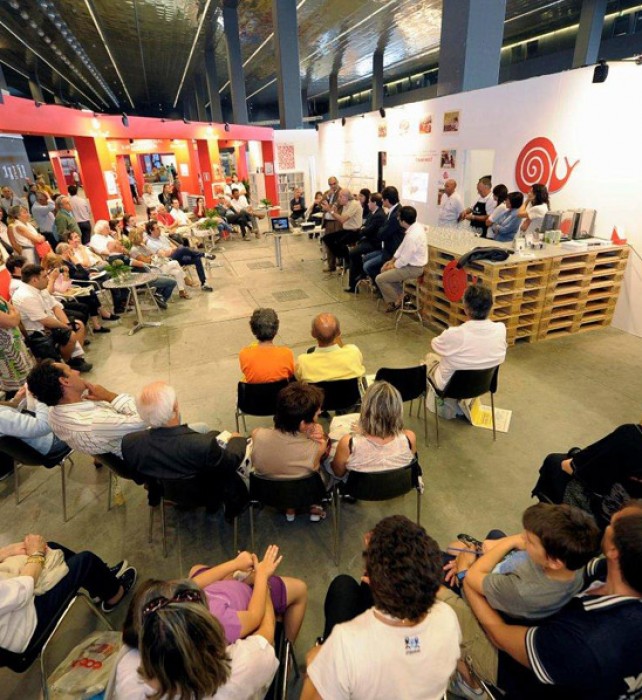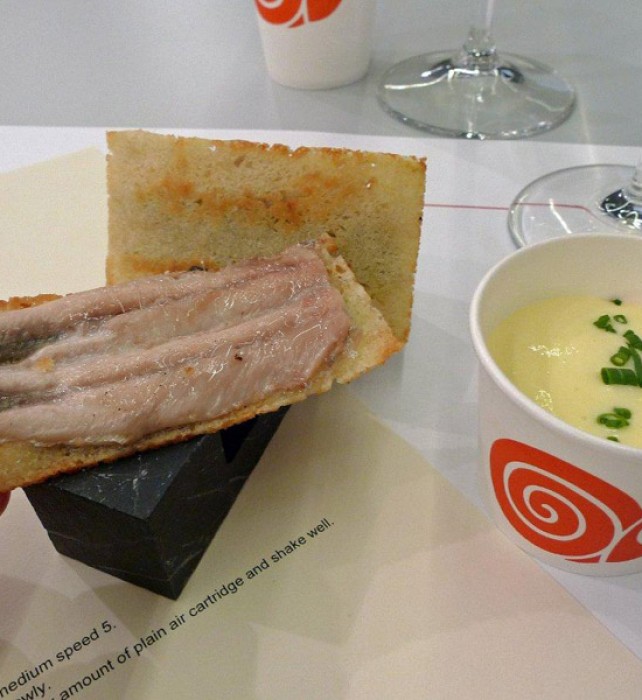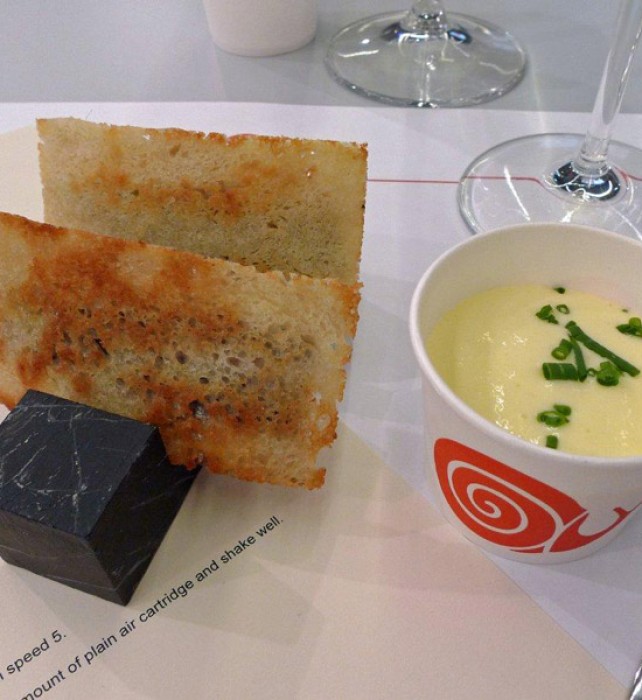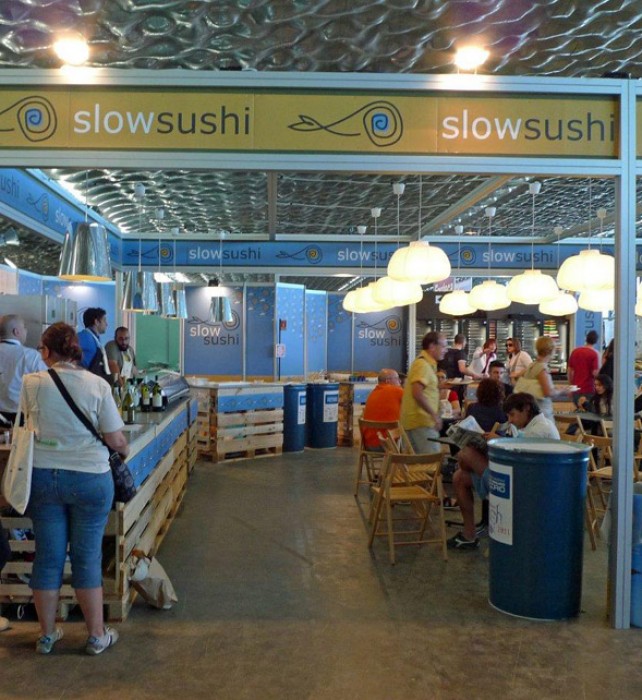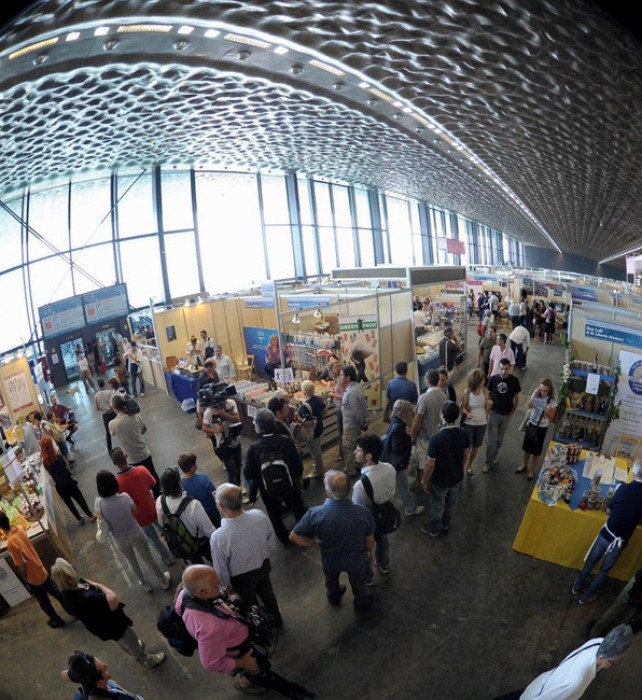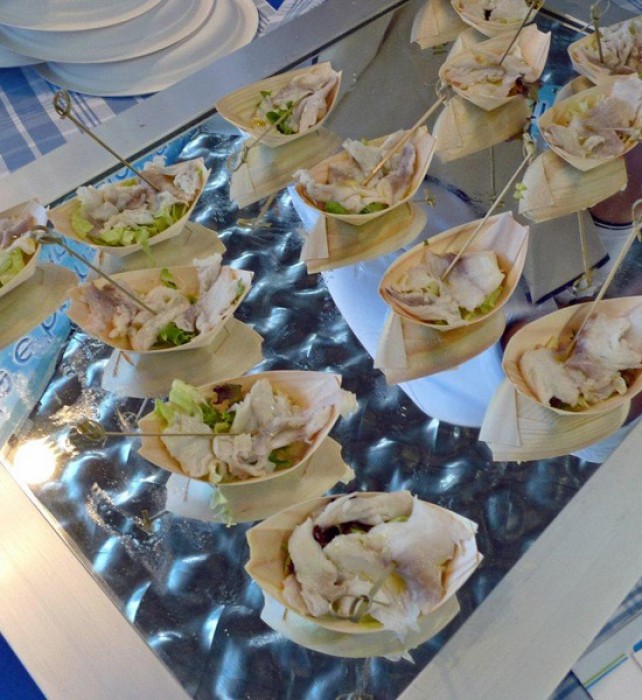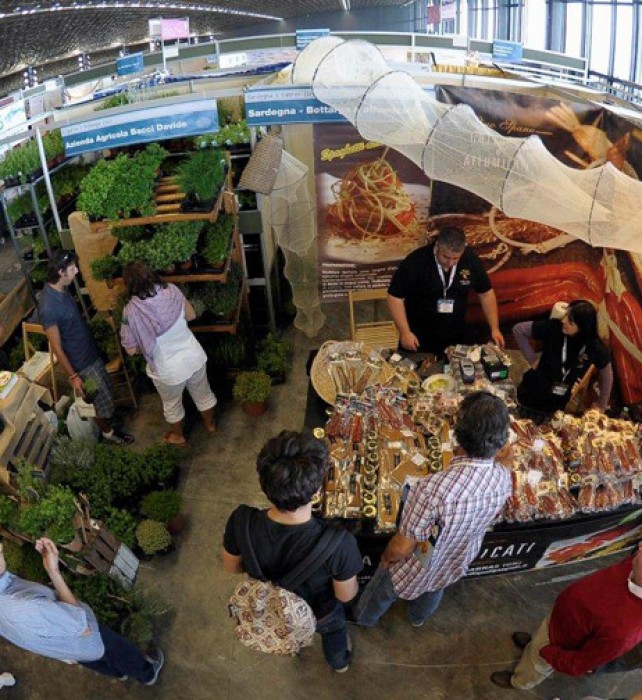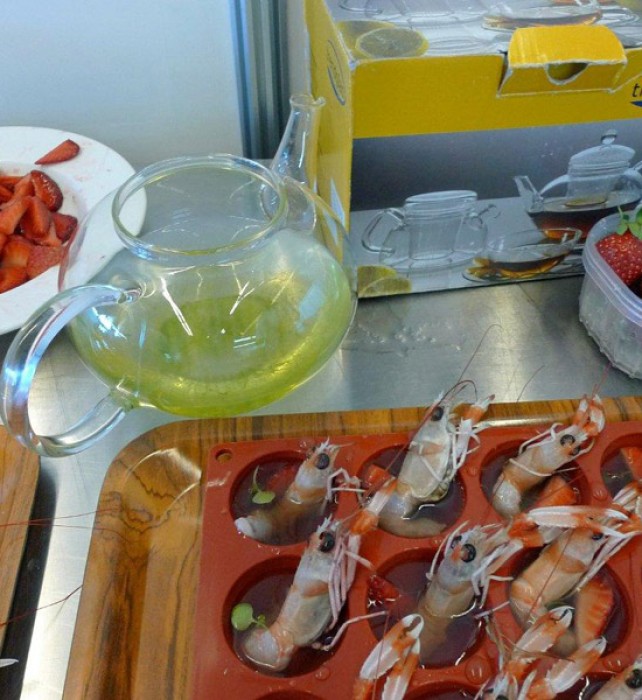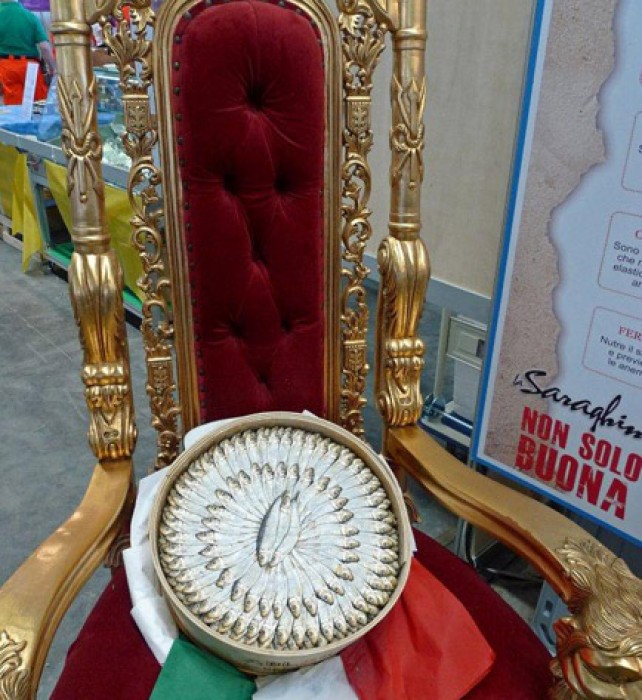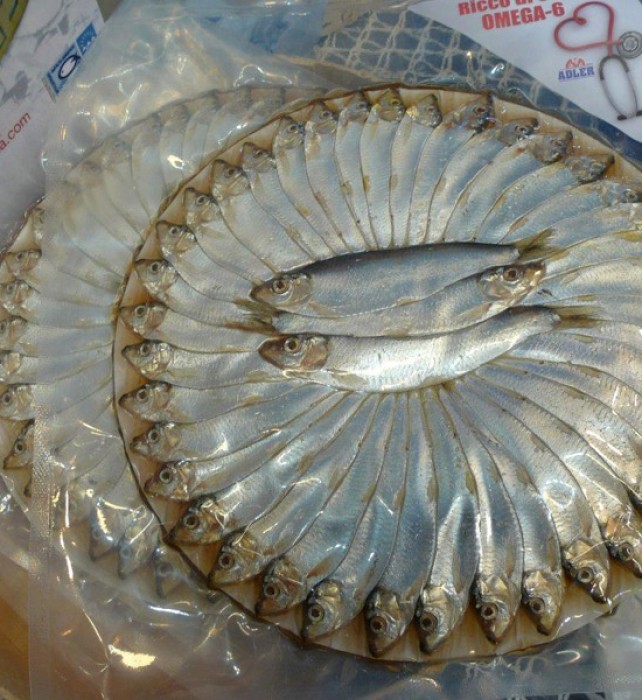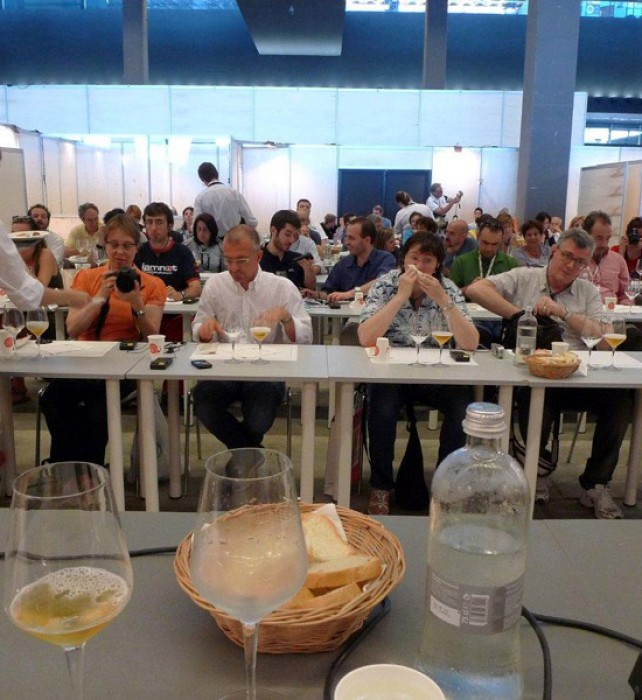Unfortunately the late May Kea Artisanal group didn’t have the chance to taste our tomatoes. We had a prolonged spring with lots of rain, so until mid-June our tomatoes were tiny and green. Some of them, especially the Black Tula, were not quite ready even for our late June visitors, and the Yellow Pear, which we planted later, have no ripe fruits yet. We love our tomatoes, grown naturally, just with manure.
Slide Show: TOMATOES revisited!
Manure is a scarce commodity on Kea, and everyone in our neighborhood is well informed of our purchase moves, keeping track of when we bought and from whom –as one neighbor wisely puts it “you can’t hide from God or from your neighbor.” This year, we had to import a huge truckload from the mainland. Everyone watched in sarcastic awe as it was being unloaded by a small crane from the big truck to a smaller one, that would then empty it to its proper place, at the far eastern corner of the garden. To our neighbors such an extravagance seemed plain nuts, as it probably made our vegetables more expensive than the supermarket’s! To us, though, it is essential to have our own produce, one of the reasons we left the city after all… So, we pretend not to hear nasty remarques like “my, and this manure is so fresh, it steams…” Our soil is sandy and very poor, so lots of dung is needed for anything to sprout up. We learned that the hard way when we first started our vegetable garden, some nine years ago. (more…)








